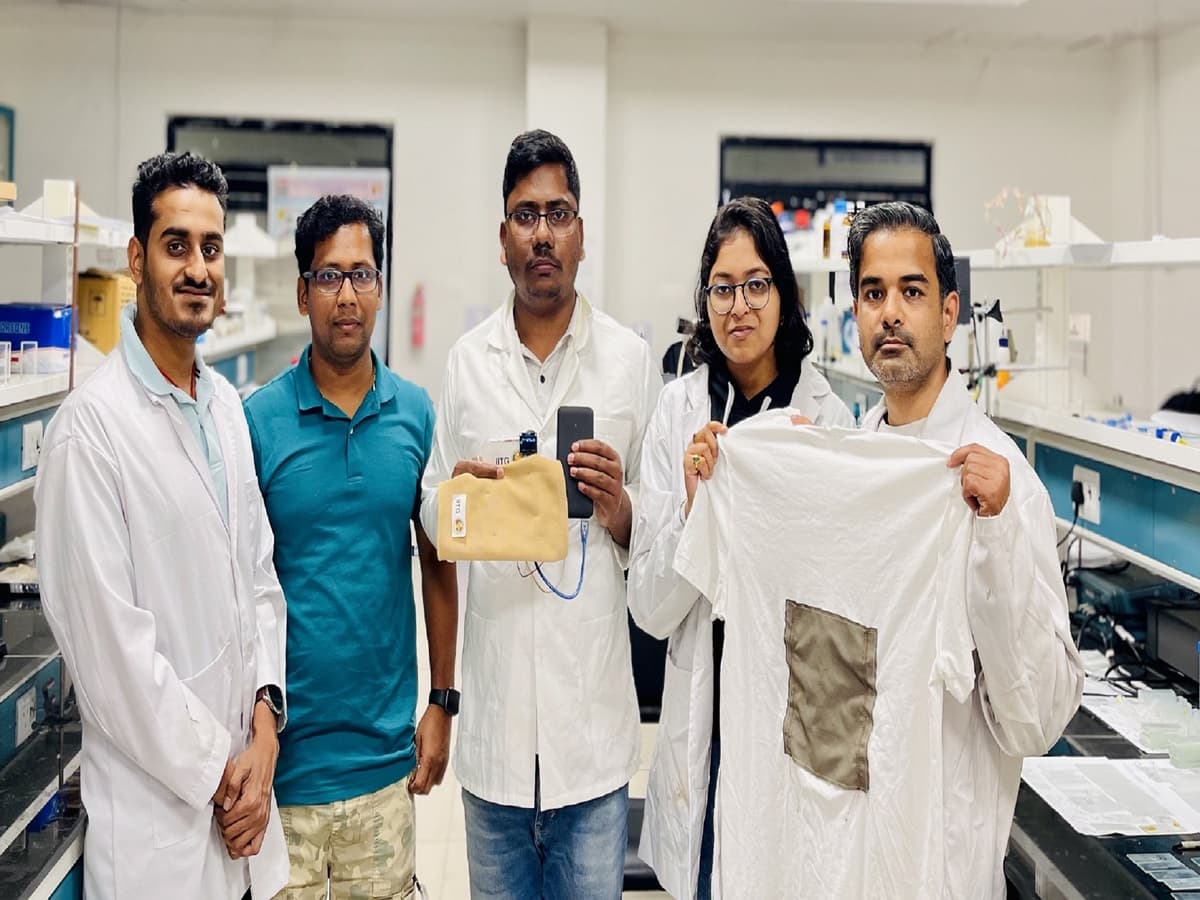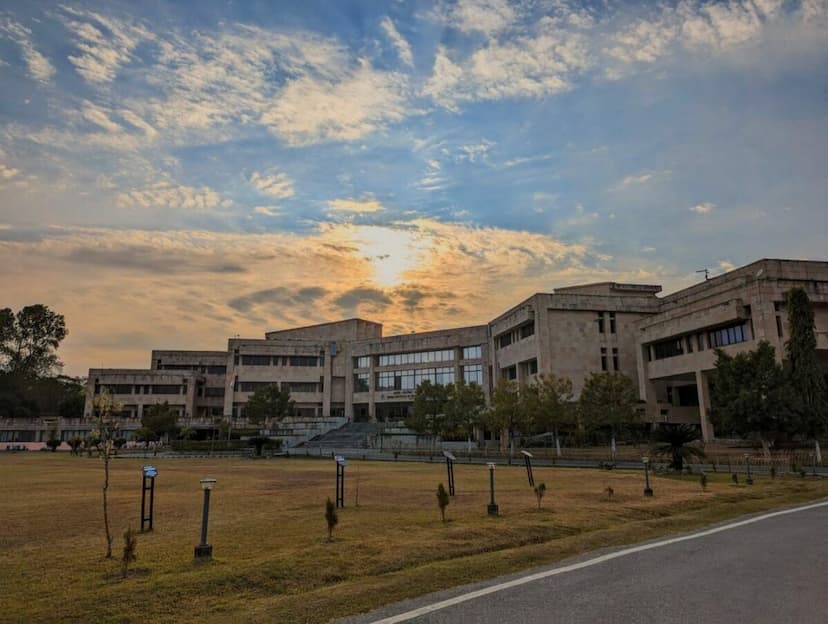IIT Guwahati innovates great fabric for cold climates

IIT Guwahati researchers have developed a water-repellent, conductive textile that converts electricity and sunlight into heat.
Designed to keep wearers warm in cold environments, this innovation addresses the serious health risks posed by prolonged exposure to very low temperatures, including hemoconcentration-based arterial blood clotting, breathing difficulties, and weakened immunity.


Cold temperatures
Extreme cold temperatures can lead to health problems that can even be fatal. Studies indicate that deaths due to extreme cold outnumber those caused by extreme heat, say sources from IIT Guwahati.
Traditional solutions protect oneself from extreme cold, such as heaters or layered clothing are often bulky or require a constant power source.
Conductive textiles offer a lightweight, flexible alternative, but existing versions often have limitations, such as poor durability, high power consumption, and vulnerability to water exposure.

Overcoming challenges
To overcome these challenges, IIT Guwahati research team developed a novel approach by sprayed ultra-thin and clean silver nanowires onto cotton fabric to make it conductive.
These nanowires are 100,000 times thinner than a human hair, allowing electricity to flow through the fabric, helping it generate heat while remaining soft and flexible, say IIT Guwahati researchers.
Due to its exceptional electrical conductivity and the ability to convert both electricity and sunlight into heat, silver nanowires were chosen for this experiment.


To address this, researchers applied a water-repellent coating to the silver nanowires that protects against oxidation, water, and stains.
The coating, inspired by lotus leaves, has a microscopic rough surface texture, which causes water to roll off instead of soaking in.
This keeps the textile dry, ensuring long-lasting conductivity and effective heating, even in damp conditions.

The water-repellent coating also prevents damage from sweat, rain, or accidental spills, making it reliable for outdoor and everyday applications.
The low electrical resistance of silver allows the electrothermal conversion at low applied voltage and eliminating the risk of electrocution.
Electricity
The textile can convert electricity using a small rechargeable battery or solar energy into heat and can maintain a desired temperature between 40°C and 60°C for over 10 hours.
Testing
The researchers tested the textile in wearable knee and elbow bands, demonstrating its potential to provide sustained warmth for individuals working in cold environments and arthritis patients needing localized heat therapy, say sources from IIT Guwahati.
Additionally, the textile has broader applications, such as on-demand water heating and accelerating chemical reactions by wrapping it around the reaction vessels.
Developed textile
Speaking about the developed textile, Prof. Uttam Manna, said their textile is self-cleanable, breathable, and flexible and can easily be scaled up.
Its durability and long-lasting performance make it useful in a range of applications that require controlled heating, he said.

Additionally, the team is seeking industry collaborations to bring the innovation to market for potential dry thermos-therapy applications in the near future.
About IIT Guwahati
Indian Institute of Technology Guwahati, established in 1994, completed 25 years of glorious existence in 2019.
At present, the Institute has eleven departments, nine interdisciplinary academic centres and five schools.
They cover all the major engineering, science, healthcare, management, and humanities disciplines, offering BTech, BDes, BSc(Hons), MA, MDes, MTech, MSc, MS(R), MBA and PhD programmes.
The institute offers a residential campus to 455 faculty members and more than 8,600 students at present.
Also Read – IIT Guwahati hosts great pre-consultation event
S Vishnu Sharmaa now works with collegechalo.com in the news team. His work involves writing articles related to the education sector in India with a keen focus on higher education issues. Journalism has always been a passion for him. He has more than 10 years of enriching experience with various media organizations like Eenadu, Webdunia, News Today, Infodea. He also has a strong interest in writing about defence and railway related issues.






